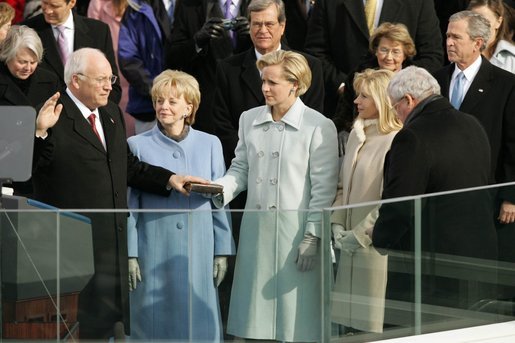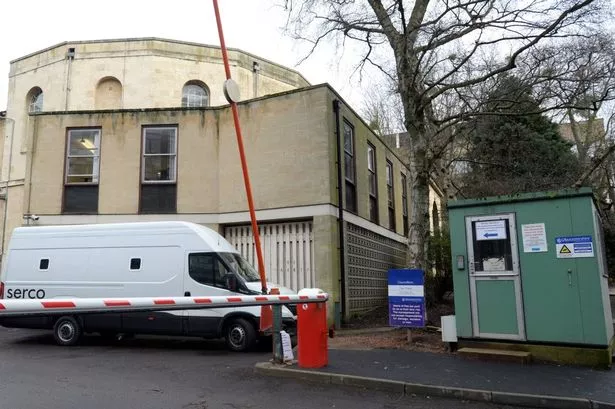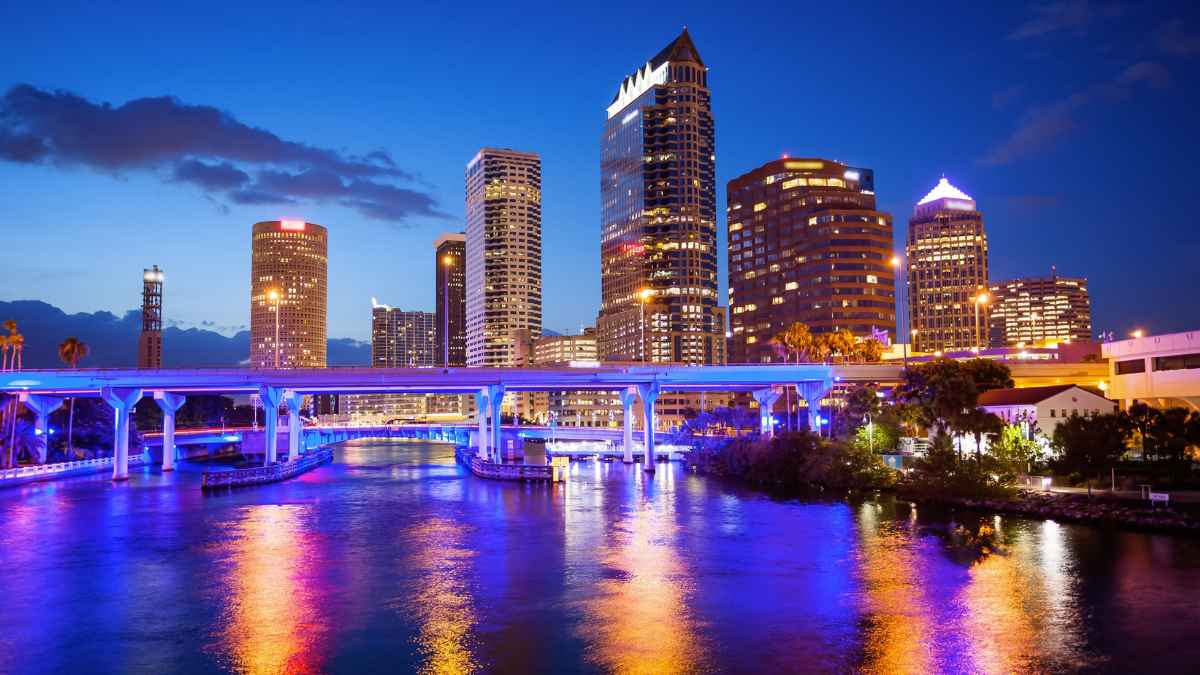Rick Morain is the former publisher and owner of the Jefferson Herald, for which he writes a regular column. Most of the top leaders of both political parties converged on Washington’s National Cathedral on November 20 to honor the memory of former Vice President Dick Cheney at his funeral service. As former President George W. Bush’s right hand man from 2001 to 2009, Cheney played a key role on foreign and domestic policy initiatives. What he said and did filled international news reports, and he was universally acknowledged as someone who mattered. Such was certainly not the case for vice presidents throughout most of American history, especially prior to the 20th century. Most Americans today would be hard pressed to name two or three vice presidents before 1900 who (1) did not ascend to the presidency upon the death of the then-sitting president, or who (2) won election to immediately succeed their predecessor. Who served as vice president under James Buchanan? Franklin Pierce? James K. Polk? Beats me-I had to look up all three. The significance of the U. S. presidency has expanded dramatically over the decades. Many Americans, including a large number of constitutional scholars, believe that it has far outstripped what the nation’s Founders envisioned when they drafted the Constitution in 1789. And as presidential power has grown, especially over the past century, so has the prominence of the vice president. Politicians of the 18th and 19th centuries would be thunderstruck at the importance of today’s veeps. Even into more modern times, though, some who have held the VP office have chafed under what they considered to be its impotence, not importance. Probably the best-known comment came from John Nance Garner, who served as vice president for President Franklin Delano Roosevelt’s first two terms in the 1930s. According to press reports at the time, Garner declared that the vice presidency “isn’t worth a bucket of warm spit.” (Media of the 1930s sanitized the comment: what Garner actually said was the “p” word.) Garner, a longtime Texas politician, had previously served as the powerful speaker of the U. S. House. He almost instantly regretted his decision to run for vice president, later calling it “the spare tire on the automobile of government.” Roosevelt’s attitude toward the vice president’s office certainly didn’t change Garner’s mind. FDR essentially ignored his veeps: first Garner, then Henry A. Wallace, and finally Harry S Truman. When Roosevelt died a short time after his fourth inauguration in the spring of 1945, Truman hadn’t been informed of the nation’s development of the atomic bomb, nor indeed of very much else at all about the inner workings of the FDR administration. He had to learn on the job as president. Asked what he did as Gerald Ford’s vice president 30 years later, Nelson Rockefeller replied, “I go to funerals. I go to earthquakes.” So back in the day, how did vice presidents while away the hours while waiting to hear if their boss died? Besides presiding over the U. S. Senate, where they could break a tie vote, and leading the counting of electoral votes every four years, waiting it out was about the only duty assigned to them by the Constitution. Well, some of the answers to that question are bizarre. Take Richard Mentor Johnson, who served under the eighth president, Martin Van Buren. Democratic power brokers had placed Johnson on the ticket to counter Van Buren’s image as a somewhat effete Hudson Valley aristocrat from New York State who might have worn corsets. On paper, Johnson was a good counterweight: he owned an inn and tavern in backwoods Kentucky when he was elected as a U. S. representative, and he maintained their ownership upon ascending to the vice presidency in 1837 under Van Buren. But after the financial Panic of 1837 struck the nation, Johnson often returned to Kentucky to tend bar at his place, sometimes for several weeks, while simultaneously holding the office of vice president. That habit did not endear him to his Democratic colleagues in Washington, nor did the fact that he took an enslaved woman as his common-law wife. Some of our politicians have had their peculiarities, but Johnson was unique. As a legislator he had once petitioned Congress to drill “the Polar regions” to see if the earth was hollow and could be inhabited underground. When the election of 1840 rolled around, the Democrats renominated Van Buren but refused to renominate Johnson. Johnson remained on the official ballot, though, and Van Buren lost the election to William Henry Harrison of the Whigs. Johnson wasn’t the only veep to vacate himself frequently from Washington. Daniel Tompkins, who was vice president under President James Monroe from 1817 to 1825, was plagued by personal financial challenges and serious alcoholism. He spent so much time away from the capital city that Congress cut his salary. President Woodrow Wilson almost completely ignored his vice president, Thomas Marshall of Indiana, whom one historian described as spending his time entertaining foreign dignitaries and throwing out the first pitch on baseball season’s opening day. Consequently Marshall got off some zingers about his office. There once were two brothers, he cracked, one of whom went away to sea and the other who was elected vice president, and “nothing was ever heard of either of them again.” After leaving office and returning to Indiana, he said he didn’t want to work anymore, and “I wouldn’t mind being vice president again.” From Truman on, though, veeps have risen in prominence, both in their federal government role and consequently in public opinion. Until a century ago vice presidents paid for their own Washington lodging, car repairs, and official entertaining expenses. Today they inhabit a Washington mansion, work out of a Capitol West Wing office, and command a large salary and staff. By the way, Buchanan’s Vice President was John C. Breckenridge, Pierce’s was William R. King, and Polk’s was George M. Dallas. Now you know. Bush.
https://www.bleedingheartland.com/2025/11/26/vice-presidents-werent-always-major-political-figures/
Vice presidents weren’t always major political figures



